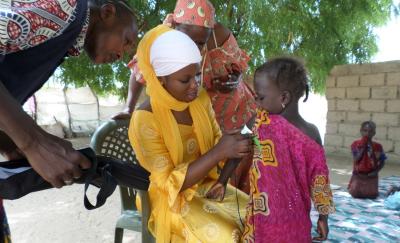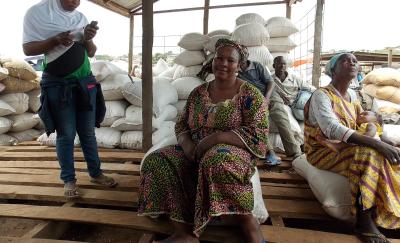Cost of care, shortage of healthcare workers, regulatory and policy challenges, and infrastructure gaps are among the quality issues plaguing a fragmented healthcare system. This third session in our series explored the application of quality improvements in health systems from point-of-care to broader health system organizational functions. These encompassed functions such as supervision, management, payment processes, regulatory frameworks, resources allocation, information flow, and more. Lively conversations revolved around the need to discern the most pertinent problems to address and accurately define the right challenges. The discussions highlighted the necessity of assessing how the system caters to users and emphasized the importance of using data to inform current and future quality investments and interventions —particularly regarding equitable access to all populations segments.
Industry leaders from Harvard T.H. Chan School of Public Health, USAID Local Health System Sustainability Project, and USAID Integrated Health Program-Democratic Republic of the Congo explored barriers to providing quality healthcare across the globe and what could be done to infuse quality into health systems.
MODERATOR:
- Midori de Habich, Technical Director, USAID-funded Local Health System Sustainability Project, Abt Global
PANELISTS
- Dr. Margaret Kruk, Professor of Health Systems at Harvard T.H. Chan School of Public Health, MD, MPH, FACP
- M. Rashad Massoud, MD, MPH, FACP, Visiting Faculty, Harvard T. H. Chan School of Public Health
- Dr. Houleymata Diarra, Chief of Party, USAID Integrated Health Program, Democratic Republic of the Congo
Find out more about The Future of Health Systems series--and register for upcoming events!






